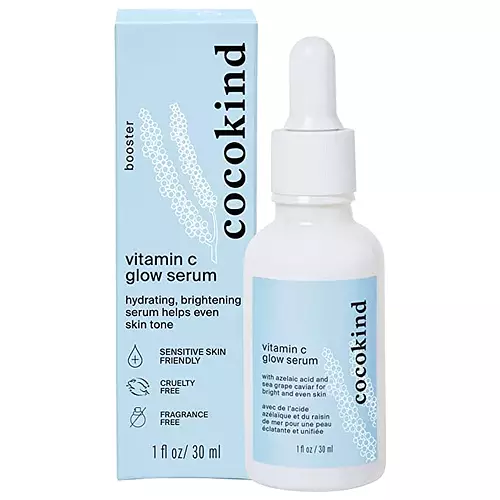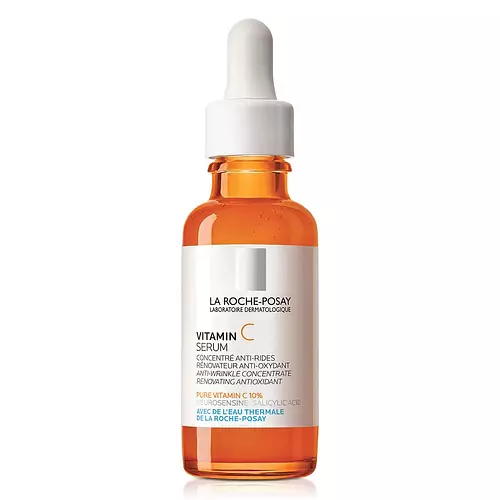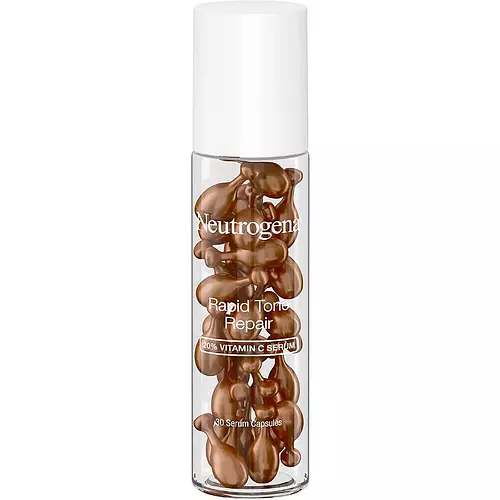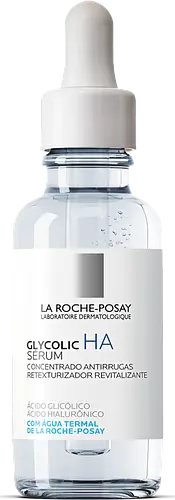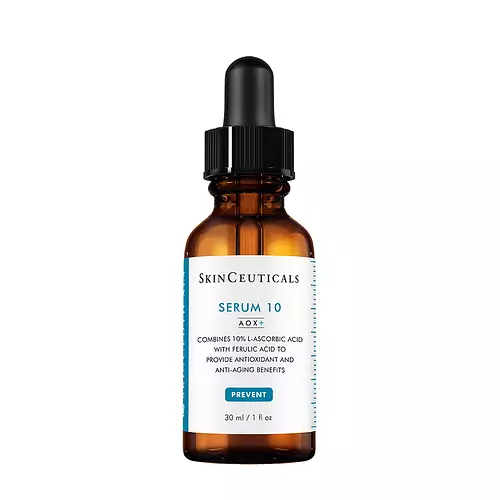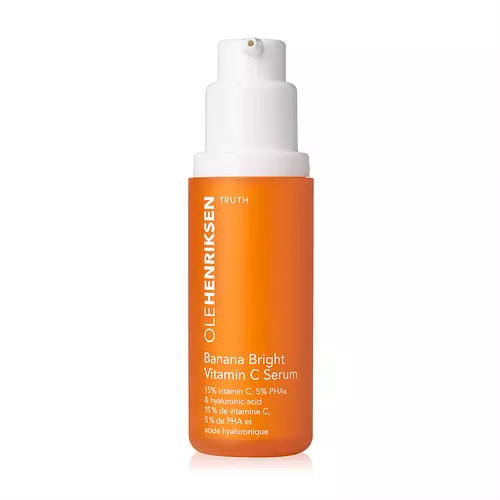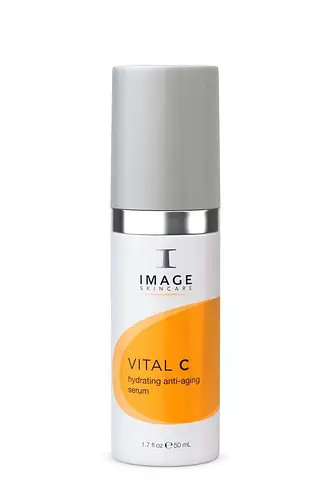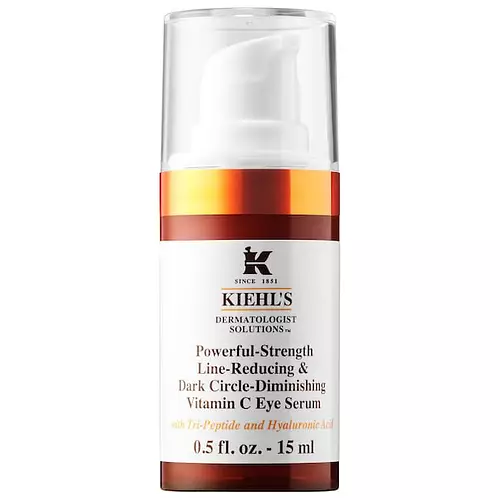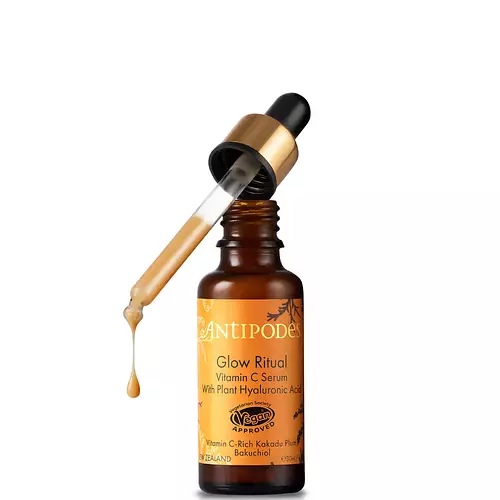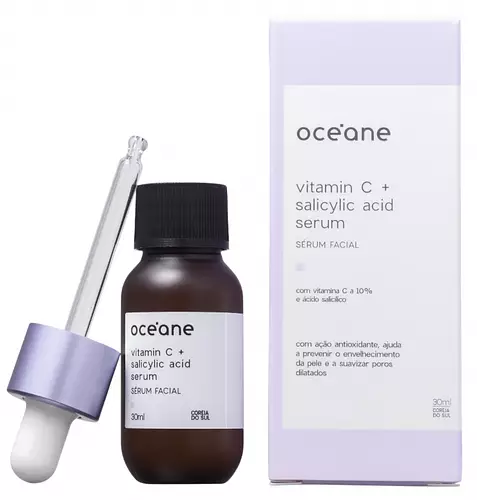Updated on March 21, 2024
Overview
What they are
These products are both reef safe serums. They have a total of 3 ingredients in common
Cool Features
They both contain hyaluronic acid and Vitamin C
Suited For
They're both likely to be good for fighting acne, anti aging, dry skin, brightening skin, reducing pores, scar healing, dark spots and better texture
Free From
They both do not contain any common allergens, oils, parabens or sulfates
We independently verify ingredients, and our claims are backed by peer-reviewed research. Spot a product that needs an update? Let us know.
Ingredient Info
Cocokind Vitamin C Glow Serum 19 ingredients
La Roche-Posay 10% Pure Vitamin C Serum 24 ingredients
At a glance
Click on any of the items below to learn more
Cocokind Vitamin C Glow Serum 19 ingredients
La Roche-Posay 10% Pure Vitamin C Serum 24 ingredients
Notable Ingredients
This product contains 1 ingredient that may have this attribute:
This product contains 1 ingredient that may have this attribute:
Benefits
This product contains 4 ingredients that may have this attribute:
This product contains 2 ingredients that may have this attribute:
This product contains 1 ingredient that may have this attribute:
This product contains 1 ingredient that may have this attribute:
This product contains 1 ingredient that may have this attribute:
This product contains 2 ingredients that may have this attribute:
This product contains 2 ingredients that may have this attribute:
This product contains 1 ingredient that may have this attribute:
This product contains 2 ingredients that may have this attribute:
Notable Ingredients
This product contains 1 ingredient that may have this attribute:
This product contains 1 ingredient that may have this attribute:
This product contains 1 ingredient that may have this attribute:
This product contains 2 ingredients that may have this attribute:
This product contains 1 ingredient that may have this attribute:
Benefits
This product contains 2 ingredients that may have this attribute:
This product contains 1 ingredient that may have this attribute:
This product contains 1 ingredient that may have this attribute:
This product contains 1 ingredient that may have this attribute:
This product contains 1 ingredient that may have this attribute:
This product contains 3 ingredients that may have this attribute:
This product contains 1 ingredient that may have this attribute:
This product contains 4 ingredients that may have this attribute:
This product contains 1 ingredient that may have this attribute:
This product contains 4 ingredients that may have this attribute:
Concerns
This product contains 2 ingredients that may have this attribute:
This product contains 1 ingredient that may have this attribute:
This product contains 3 ingredients that may have this attribute:
This product contains 3 ingredients that may have this attribute:
This product contains 4 ingredients that may have this attribute:
Ingredients Side-by-side
Ingredients Explained
These ingredients are found in both products.
Ingredients higher up in an ingredient list are typically present in a larger amount.
Water. It's the most common cosmetic ingredient of all. You'll usually see it at the top of ingredient lists, meaning that it makes up the largest part of the product.
So why is it so popular? Water most often acts as a solvent - this means that it helps dissolve other ingredients into the formulation.
You'll also recognize water as that liquid we all need to stay alive. If you see this, drink a glass of water. Stay hydrated!
Learn more about WaterGlycerin is already naturally found in your skin. It helps moisturize and protect your skin.
A study from 2016 found glycerin to be more effective as a humectant than AHAs and hyaluronic acid.
As a humectant, it helps the skin stay hydrated by pulling moisture to your skin. The low molecular weight of glycerin allows it to pull moisture into the deeper layers of your skin.
Hydrated skin improves your skin barrier; Your skin barrier helps protect against irritants and bacteria.
Glycerin has also been found to have antimicrobial and antiviral properties. Due to these properties, glycerin is often used in wound and burn treatments.
In cosmetics, glycerin is usually derived from plants such as soybean or palm. However, it can also be sourced from animals, such as tallow or animal fat.
This ingredient is organic, colorless, odorless, and non-toxic.
Glycerin is the name for this ingredient in American English. British English uses Glycerol/Glycerine.
Learn more about GlycerinSodium Hyaluronate is hyaluronic acid's salt form. It is commonly derived from the sodium salt of hyaluronic acid.
Like hyaluronic acid, it is great at holding water and acts as a humectant. This makes it a great skin hydrating ingredient.
Sodium Hyaluronate is naturally occurring in our bodies and is mostly found in eye fluid and joints.
These are some other common types of Hyaluronic Acid:
Learn more about Sodium HyaluronateIngredient Ratings
Here's what our community thinks of the ingredients in these two products.
When to use
Cocokind Vitamin C Glow Serum 19 ingredients
La Roche-Posay 10% Pure Vitamin C Serum 24 ingredients


Reviews
Here's what our community thinks
Cocokind Vitamin C Glow Serum 19 ingredients
khoweird
I love the ingredients in this vitamin c! I’ve been using it daily since the beginning of December and my skin glows more than it did before adding...
I love the ingredients in this vitamin c! I’ve been using it daily since the beginning of December and my skin glows more than it did before adding it to my routine. It smells good and feels great; cooling as it’s going on, a bit tacky after it’s rubbed in, and smooth when it dries. A second bottle is already in my fridge waiting to be used.
jojoswrld_
Very gentle. Love the aloe vera base, suitable for all skin types. Been using mostly consistently for a few months and have seen improvements in...
Very gentle. Love the aloe vera base, suitable for all skin types. Been using mostly consistently for a few months and have seen improvements in hyperpigmentation.
La Roche-Posay 10% Pure Vitamin C Serum 24 ingredients
Lapaki
This was my first vitamin C serum
I started using this because I was curious about Vitamin C and wanted to experience its benefits. This is a...
This was my first vitamin C serum
I started using this because I was curious about Vitamin C and wanted to experience its benefits. This is a really good and gentle Vitamin C serum for sensitive skin. Mine got used to it and now tolerates stronger products.
